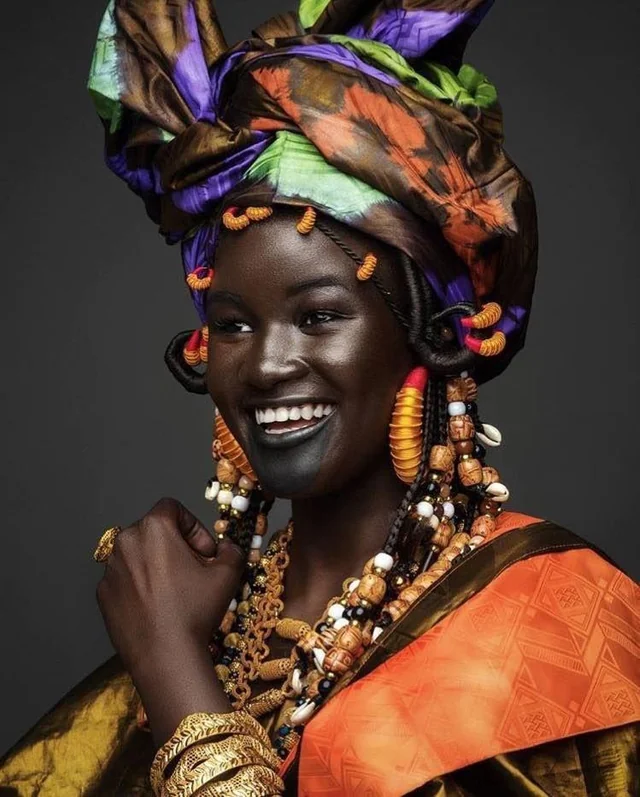The Wolof people established the powerful Jolof Empire in the 14th century, which dominated much of what is now Senegal and The Gambia. The empire was a confederation of kingdoms that controlled important trade routes and maintained sophisticated political structures. The name "Wolof" itself is believed to derive from this empire.
Through trans-Saharan trade, the Wolof region became an important center of Islamic learning and commerce. This influence deeply shaped Wolof culture, language, and social structures, with Islam becoming integral to Wolof identity while maintaining unique African cultural practices.
Wolof culture is renowned for its griot tradition (géwël in Wolof), where hereditary storytellers, musicians, and oral historians preserve and transmit cultural knowledge through generations. These griots are master performers who maintain genealogies, historical narratives, and social customs through song and spoken word.
Today, Wolof is the dominant language of Senegal's capital, Dakar, and has become the primary language of Senegalese popular culture. From the internationally acclaimed mbalax music of Youssou N'Dour to contemporary hip-hop, Wolof continues to evolve as a dynamic urban language.
